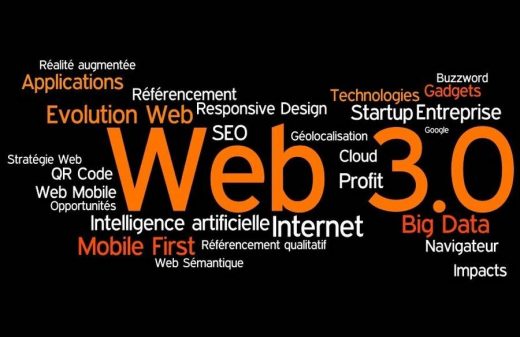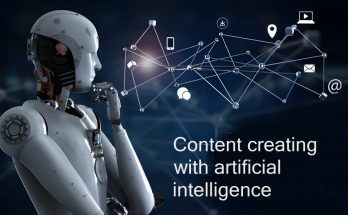Change manifests itself in every area where people are. Internet is one of those who have experienced this change. So what is Web 3.0, the new revolution of the internet? Who will have the say?
In the early days of the Internet, there was no interaction with users. Experts define Web 1.0 as the Web 1 era for this primitive process, which is dominated by anonymous users and focuses only on reading news and information.
However, this process has completely changed with the internet becoming ‘social’. The interactive period, in which users create content or make changes to existing content, was called Web 2.0, or Web 2 for short. In this period, information became not only readable but also computable by the user. This period also gave birth to giants such as YouTube, Twitter, Facebook with its old name and its new name Meta. Web 2.0 giants, with their millions of users, provided perhaps the most valuable raw material of the 21st century, namely ‘data’ for free.
But we are slowly leaving Web 2 now. In fact, according to some experts, we have already abandoned it… Users are entering the new revolution of the internet, Web 3, this time with cryptocurrencies from a different perspective and decentralized. So what exactly is Web 3.0? What will change in the new era of the internet?
Ownership of digital assets
Developers working on Web 3.0 are trying to inform the end user about the subject. Developers who tell the footsteps of Web 3.0, internet technologies are an area where change is incessant. are defined as. When it comes to change, the first thing that comes to mind is the interface change of platforms such as Facebook, the change in business models or the change in the database structures in the background. But beyond that, one of the most impressive aspects of internet technologies is that the value people place on it is constantly changing.
Adding that Web 3.0 will focus on personal data and the internet will undergo a multi-faceted change, experts explain the developments to be experienced with the following words; “For example, even if it is exactly the same with the Twitter interface, business model, and database technology in its background, its meaning for the user may change.
It is actually such a change in meaning that gave birth to Web 3.0. The view from the user’s point of view of the texts that make up the Web 3.0 projection is as follows: It is not sustainable for internet companies to store my data on central servers and to have all control over my digital productions. As in the Cambridge Analytica scandal, my data can be manipulated, for this purpose a new internet paradigm must be formed. In this new order, data monopolies should be replaced by blockchain governance, thanks to distributed ledger technology.
Only I should have rights over my digital assets without the control of any other technological authority. This is exactly what is aimed. A new internet will be possible if users have their own digital assets on the internet. With business models such as the meta-universe developing on this new internet, society will undergo a multifaceted transformation, both financially and communicatively.”
Views: 138



